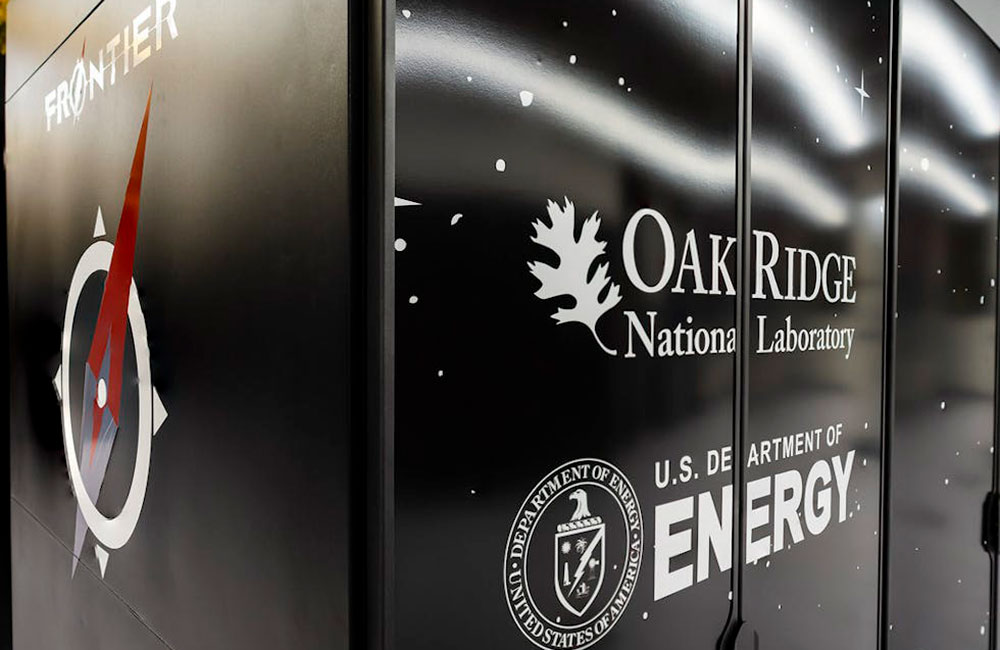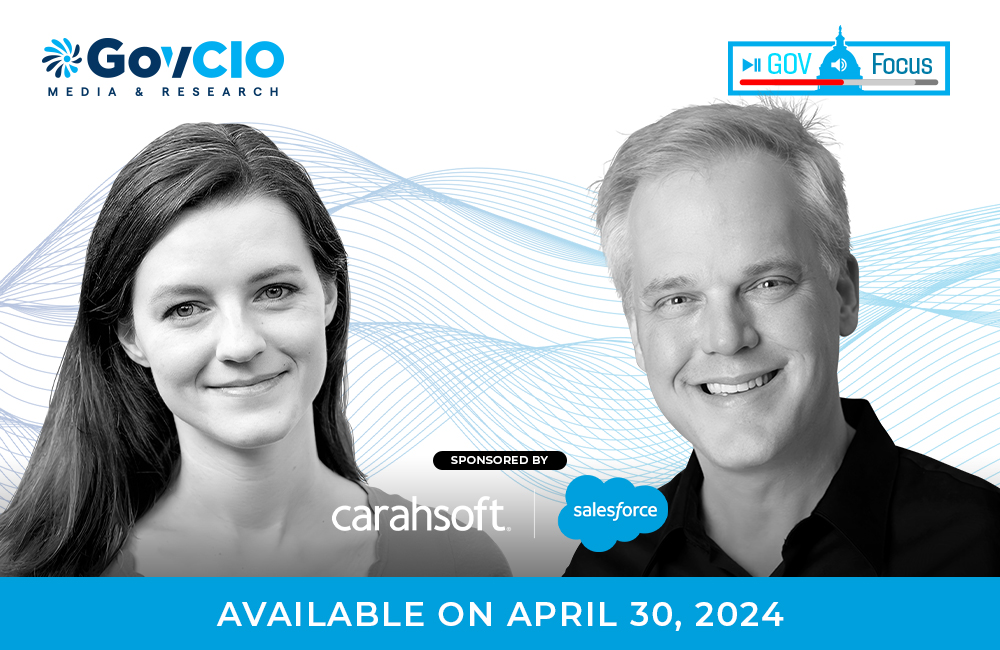There are big changes on the horizon for the International Revenue Service (IRS). President Joe Biden intends for the service to double in size and onboard more than 80,000 people, but the service is well prepared for newcomers due to a years-long knowledge management effort, said Technical Adviser Mary Craca.
Craca shared IRS’s lessons learned with the defense sector at AFCEA’s TechNet Cyber 2022 conference in Baltimore this week. This insight is intended to help inform Defense Department’s Joint All Domain Command-and-Control (JADC2) efforts, she said.
Knowledge management is all about “getting the right information to the right people at the right time, so that they can make well-informed data decision-making,” she said.
The program kicked off in 2015 when the IRS identified a need for improved information access. The service partnered with the American Productivity and Quality Center (APQC) to get a benchmark maturity assessment and scored one out of five on knowledge management capabilities.
From there, the IRS launched its Knowledge Management Advisory Council (KMAC), which meets quarterly and includes IRS’s top leadership.
“We have found that when you get the buy-in of knowledge management from the top down — from the executive level down to the frontline employees — that is where you’ll see a lot more growth and program support,” Craca said. “Our KMAC is made up of all of our top-level executives across the 28 business units.”
Change management and a positive culture shift are also integral to successful knowledge management, Craca said. She encountered people who felt a lot of ownership over their workflow information and were also hesitant to try something new and incorporate knowledge management into their workflows.
“One of the biggest things I heard was that knowledge management is an extra burden on people,” Craca said. “That’s where we are trying to make a mindset change and a cultural change — that knowledge management is not something in addition to what you have to do in your daily work life, it is your daily work life.”
The team has developed several tools and resources for business units to integrate into their workstream, and among its most impactful tools is its virtual library.
In 2017, the team launched the first service-wide document repository that all employees can access. The virtual library has over 100 knowledge bases from different business units throughout the service, and the knowledge owners are required to review their content annually to ensure everything is up to date.
The IRS also launched Self Help Online Tutorials (SHOTs), which are three-minute-and-under micro-learning YouTube videos. Craca said these videos are their most popular resource.
“It’s that just-in-time training that you need to get the right answer, to do your job to help the customer,” Craca said.
In 2018, the IRS launched communities of practice, which together with the virtual library, became critical during the COVID-19 pandemic to pivot the workforce to a remote environment.
The program started in response to attrition and the risk of institutional memory walking out the door but has since expanded its scope. The team has developed standard operating procedures for knowledge capture, asking outgoing employees to produce information that can be housed in the virtual library for future employees. Starting in 2021, knowledge management is also being integrated into the onboarding process where a commitment is included in everyone’s performance plan to set a standard for incorporating it into work streams and day-to-day business.
“We realize that knowledge management isn’t about capturing that knowledge before it walks out the door,” Craca said. “Knowledge management is starting from the date someone is hired. So we say, ‘From hire to retire.'”
Today, the 80,000-plus people coming aboard will be able to start their first day with these tools and resources at their fingertips. The IRS will engage in another APQC assessment this year after being bumped up to a level three in 2019.
“We’ve definitely seen improvements in the areas that we know that we’ve had challenges, and we know that we still have a ways to go,” Craca said. “Knowledge management is not one-size-fits-all and it’s an ever-evolving program.”









